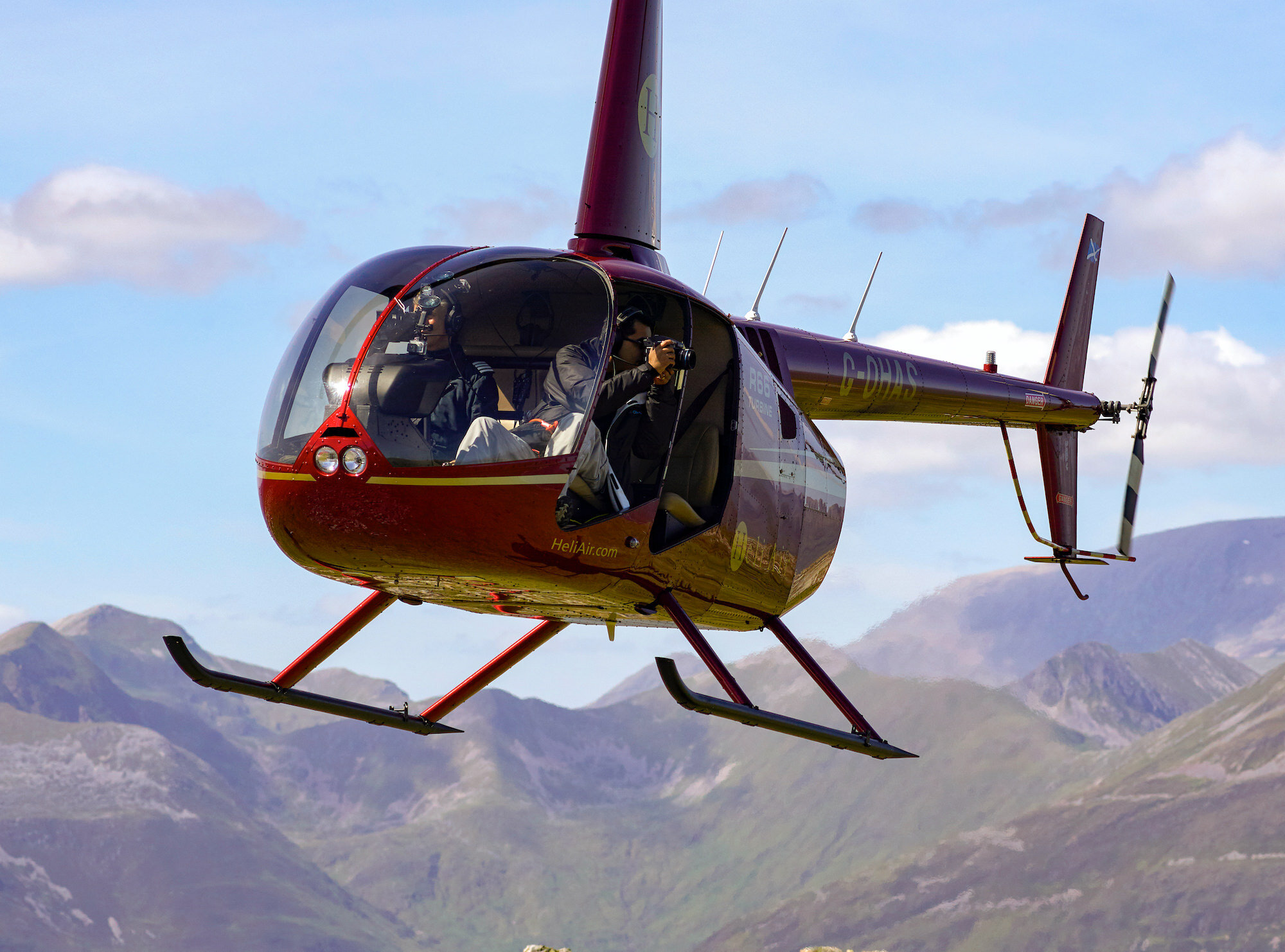Aerial Photography over Scotland with Phase One
Last year I took a flight over various locations in Scotland to capture what I had hoped would be incredible details images of the landscape as I was using the latest Phase One IQ3 100 megapixel back for the job.
Scotland is always an alluring destination for photographers from not only within the United Kingdom but from across the world, who are drawn to these shores to witness the dramatic coastline and geography of what is often described as a ‘magical place’. It is not hard to see, with iconic locations such as Glen Coe and the mysterious Isle of Skye, why photographers are attracted from far way to visit these locations more than once and in all seasons.
Seeing these locations from the air however is always something special and a hugely humbling experience. Commercial airlines do pass the region and as striking as it may be to see from 30,000 feet or through the eyes of a drone, in my opinion it does not come close to the experience of being in a helicopter.
It is hard to describe exactly how one feels the first time being in a helicopter with the doors off, with it being so long ago, but I imagine it was thrilling (and nerve-wracking) at the same time. Now though, I feel so comfortable that to me it is just like getting into a car or on the train and I often hear from those that accompany me how relaxed I appear.
Where my emotions change is once we are in the air. Once the pre-flight and safety checks are carried out and we take-off, I am just waiting to reach our destination so I can experience the locations I have been to countless times on the ground from this other view.
On this occasion, our flight was to start from Cumbernauld and take us up towards Glen Coe (with various places on route) and then back down over Loch Lomond, via Glasgow and back to base. On this trip I was lucky enough to have my Phase One dealer, Chris of Direct Digital Imaging, along with the new 100mp back and a selection of blue ring lenses at my disposal so that I could capture the images with the best quality possible. I knew my IQ 380 would have done a sterling job but I wasn’t going to say no to the chance of working with the new back on this shoot. After all, the detail is just as important as the composition, especially for aerial imagery.
I used the new 35mm Blue Ring lens for a lot of the images and it was as sharp as I had hoped it would be to capture those all important details. The other images were captured with the 80mm lens.When I finally got back to my desk and loaded up the images in Capture One, I could see how much detail was captured and it was amazing. Even today, I am still amazed looking at those images to see all the micro details that were not visible at the time. I am certain even more viewers will be pulled into the scene when they are printed to a large format and find things I have not spotted myself.
What I love most about my XF System is the ability to customise it exactly as I want and re-program the buttons on the body to suit my needs. The touch screens are very responsive and so straight-forward to use and the vibration delay and shared power between the back and body make life so simple when out in the field.
My transition to Medium Format from DSLR was pretty straightforward. I was fortunate enough to have had an expert at hand through Chris who was patient through-out, answering all my questions and arranging demos for to test the system extensively for myself.My outings, both on the ground as well as in the air, are something I always look forward to and enjoy planning. The knowledge that whatever my future ones are, that my work is being captured in the best possible quality, is reassuring.
You can also watch a quick 360 video I captured during our flight over the Highlands:







